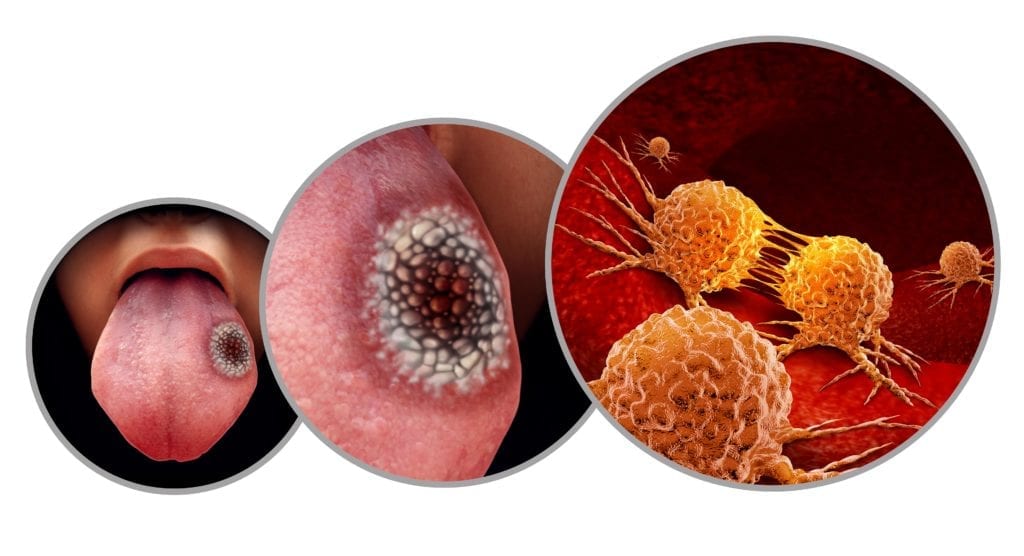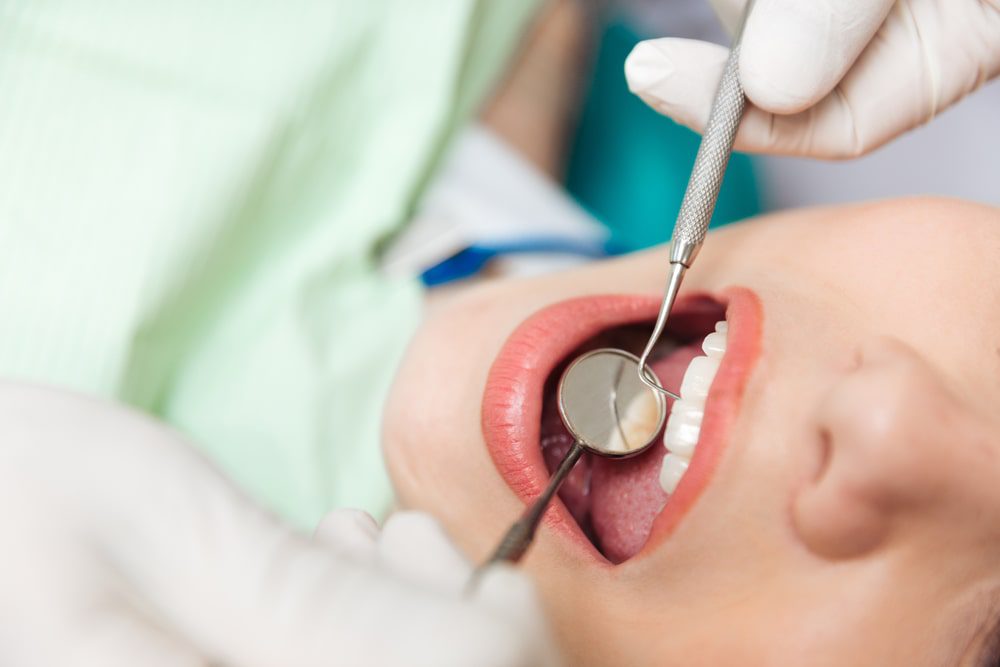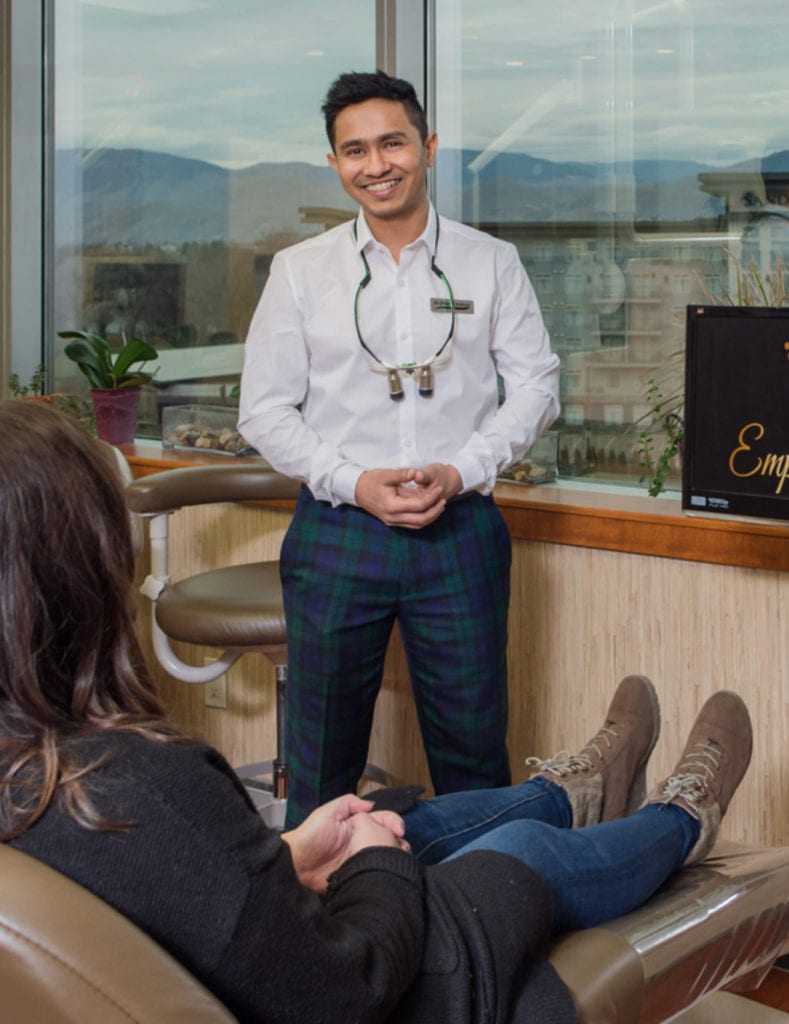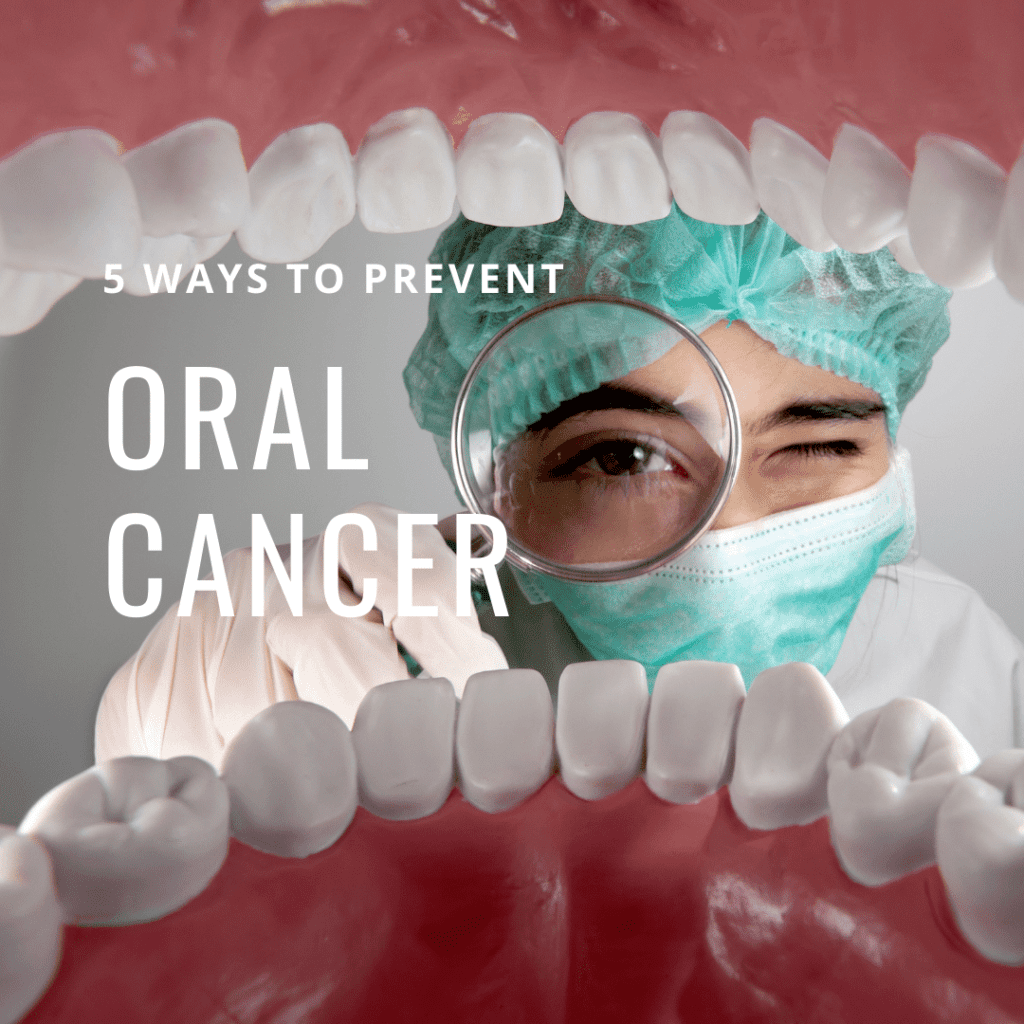Oral cancer is a type of cancer that affects the mouth, tongue, and throat. It is becoming increasingly more common, but it can usually be effectively treated when caught early. To raise awareness about oral cancer, we want to talk about how to prevent this disease. First, let’s define oral cancer and discuss the benefits of early detection. Then we will list the top risk factors for oral cancer. Finally, we will discuss five ways to prevent this disease from occurring.
What is Oral Cancer?
Oral cancer includes cancers of the lips, tongue, cheeks, floor of the mouth, hard and soft palate, sinuses, and pharynx. Oral cancer is often diagnosed in its late stages because it does not have early warning signs or symptoms, which makes it difficult to detect. When caught early, oral cancer has a high survival rate.

Symptoms of oral cancer include:
- A sore or irritation that does not go away
- Bleeding in the mouth
- A lump or thickening in the cheek
- A white or red patch on the gums, tongue, tonsil, or lining of the mouth
- Persistent hoarseness or sore throat
- Difficulty swallowing or chewing
- Numbness of the tongue or other area of the mouth
- Swelling of the jaw that causes dentures to fit poorly or become uncomfortable
Risk Factors for Oral Cancer
There are many risk factors for oral cancer. The most common risk factor is tobacco use. This includes smoking cigarettes, cigars, and pipes. Smokeless tobacco, such as chewing tobacco and snuff, is also a risk factor. Alcohol use is another major risk factor for oral cancer. People who drink alcohol heavily are more likely to develop oral cancer than those who do not drink alcohol. Other risk factors include excessive sun exposure, and HPV infection. Men and individuals over the age of 55 are also more likely to be diagnosed with oral cancer.
Five Ways to Prevent Oral Cancer
There are many things you can do to reduce your risk of developing oral cancer.
Avoid Tobacco
The best way to prevent oral cancer is to avoid tobacco use. This includes cigarettes, cigars, pipes, vapes, and chewing tobacco. If you use any form of tobacco, quitting is the best way to reduce your risk.
Minimize Alcohol Consumption
If you drink alcohol, limiting your intake can also help reduce your risk. Since excessive alcohol is associated with oral cancer, the more you reduce your alcohol consumption, the more you decrease your risk.

Minimize Sun Exposure
Another way to reduce your risk is to minimize your sun exposure and wear sun protection. This is especially important for people who spend a lot of time outside in the sunshine. Wearing sunscreen and avoiding tanning beds can help reduce your risk of developing oral cancer. You can also use a lip balm with SPF for your lips.
Eat a Healthy Diet
Eating a healthy diet is also important for preventing oral cancer. Eating plenty of fruits and vegetables can help reduce your risk. Fruits and vegetables contain antioxidants that help protect cells from damage.
See Your Dentist Regularly
Finally, it is important to see your dentist regularly for check-ups and cleanings. During these appointments, your dentist can perform a visual and physical examination of your mouth. They may also use a special light to look for abnormal tissue. If they see anything suspicious, they will likely recommend a biopsy. A biopsy is the only way to definitively diagnose oral cancer.

Dr. Admar holds dual certificates — a Bachelor of Dental Surgery (BDS) in 2010 from India and a Doctor of Dental Surgery (DDS) in 2014 from Canada. He is now a full time practicing dentist in Kamloops where he provides a variety of services, including emergency dentistry. Dr. Admar spends hundreds of hours in continued dental education to stay up to date in cosmetic and implant dentistry and he has achieved several advanced qualifications.


